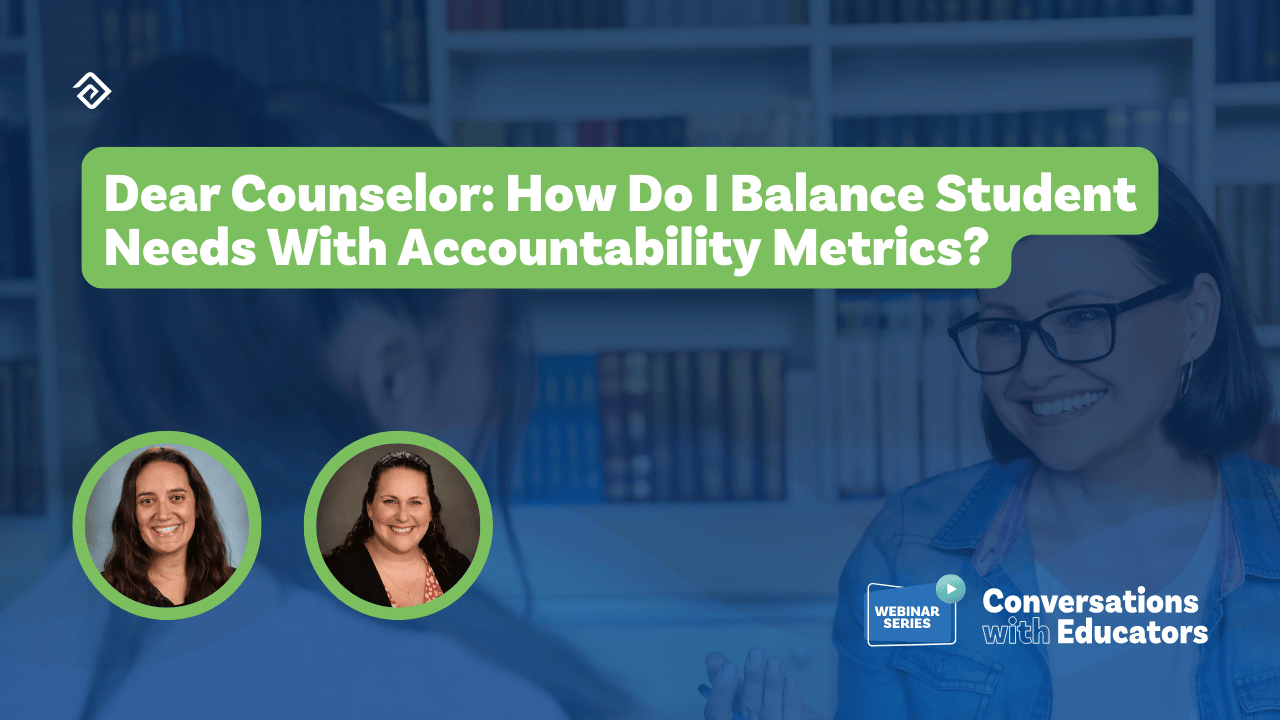Is “work smarter, not harder” a myth?

Just about 20 years ago I ran across a reality show called “Dirty Jobs” where the host Mike Rowe would apprentice himself to work for a day alongside workers in jobs considered to be unusual, disgusting, and even dangerous. Despite the hazards, discomfort, and self-described repulsive tasks, the premise of the show was to demonstrate that with hard work on every single task, it could and would be accomplished.

Fast forward to 2013 when Mike wrote an article for Popular Mechanics vehemently criticizing the phrase “work smarter, not harder” coined by an industrial engineer in the 1930s. In Mike’s article, he explains that he’s not opposed to working smarter, but that the phrase would serve us better as team members, entrepreneurs, and leaders if it read, “Work smart AND hard.”
The notion of working smarter and not harder does not undervalue effort and hard work; rather it’s a strategy for achieving goals and results that enhance that effort and work. The philosophy promotes efficiency and innovation to achieve better results and optimize productivity. Doing so leads to increased job satisfaction (reduced work stress), increased productivity, and maximize results.
How can leaders help their teams work smarter AND harder?
Coach the team to work hard on the right things
Work with the team to set priorities based on end goals and dates. Verify that the tasks they are working on are impactful towards achieving the goal. Eliminate any unnecessary tasks and put a low priority on the rest. Put a process in place to regularly evaluate priorities.
Stop chasing perfection
Studies show that striving for perfection has detrimental effects both personally and professionally. Besides causing health problems, it can lead to burnout in the workplace. If leaders want to retain their talent, it’s important to remind team members that being perfect at every task is not the goal.
Make connections
Leaders should help their team members make connections with others in the organization that will have an impact on their work. Through collaboration, fewer mistakes will be made, priorities will rise to the top, and being perfect will be replaced with efficiently solving problems and working on the right work.
Choose innovation over antiquation, even when it’s uncomfortable
Only through stepping out of that comfort zone, can professional growth occur; innovation is often the catalyst for that growth. That’s not to say that some tried and true methods don’t have merit. But learning new systems, exploring new technology that is built for efficiency, and leveraging available technology can be the smartest thing we do for our work life.
What can individuals do to work smarter AND harder?
Lay off the multitasking
Brain research shows that your cerebral cortex only truly pays attention to one thing at a time. Trying to multitask strains the cortex and you won’t be as effective as if you deliberately focus your attention and energy on one thing at a time.
Resist the urge to jump back and forth to different things and let your attention remain on one task.
Chunk your tasks/block your time
Block your calendar to devote to specific chunks of time. For example, block out 30 minutes in the morning, and 30 minutes in the afternoon for checking emails rather than looking at emails as they hit your inbox. If you have a list of calls you must make, devote a specific block of time to that.
Proactively reduce distractions
Turn off notifications that aren’t relevant to your task such as social media apps. Silence the “pings” that don’t relate to your task at hand.
Take a break
Your performance and well-being will improve if you intentionally take breaks. Included in your calendar should be blocks of time for breaks. Rest your mind by going outside, walking to another room for a glass of water or a snack, or simply stand up and stretch.
Manage your to-do list
Be realistic about your daily task list. Don’t add so many tasks to the list that you realistically cannot work through each one. After you’ve made the list, highlight or move five tasks to the top.
Plan your work ahead of time. Look at what’s coming up each work week and start to plan your daily tasks. If you know something will be demanding and taxing, put those tasks at the beginning of the day.
Working smarter, not harder is still work
Working smarter, not harder is a complementary approach to the hard work we know is necessary to achieve our professional goals and that of the organization. Mike Rowe was right – we need to do both.


More Great Content
We know you'll love




